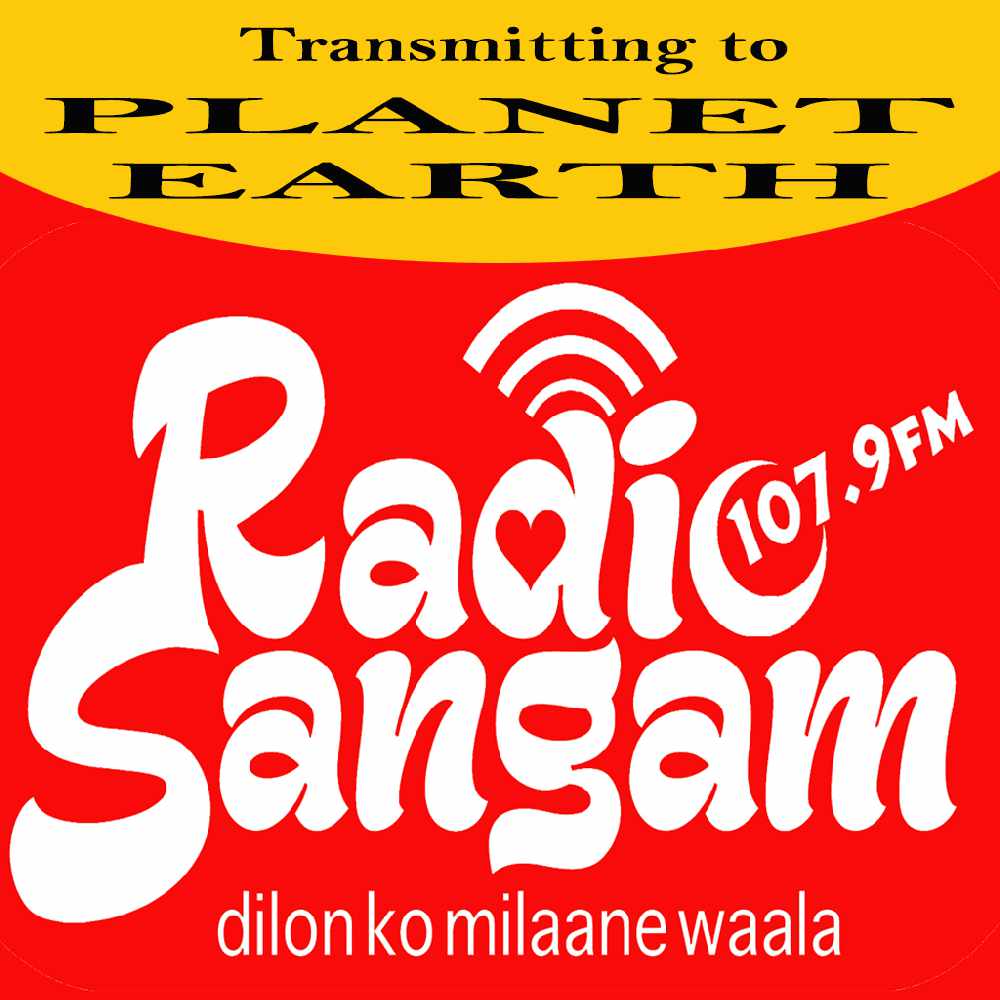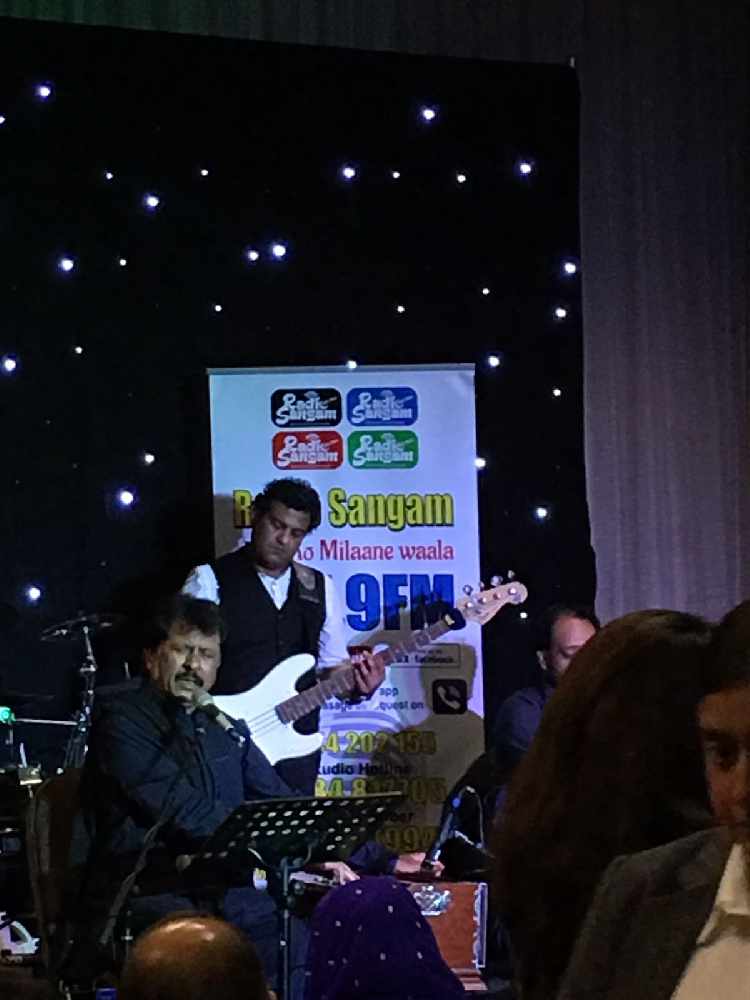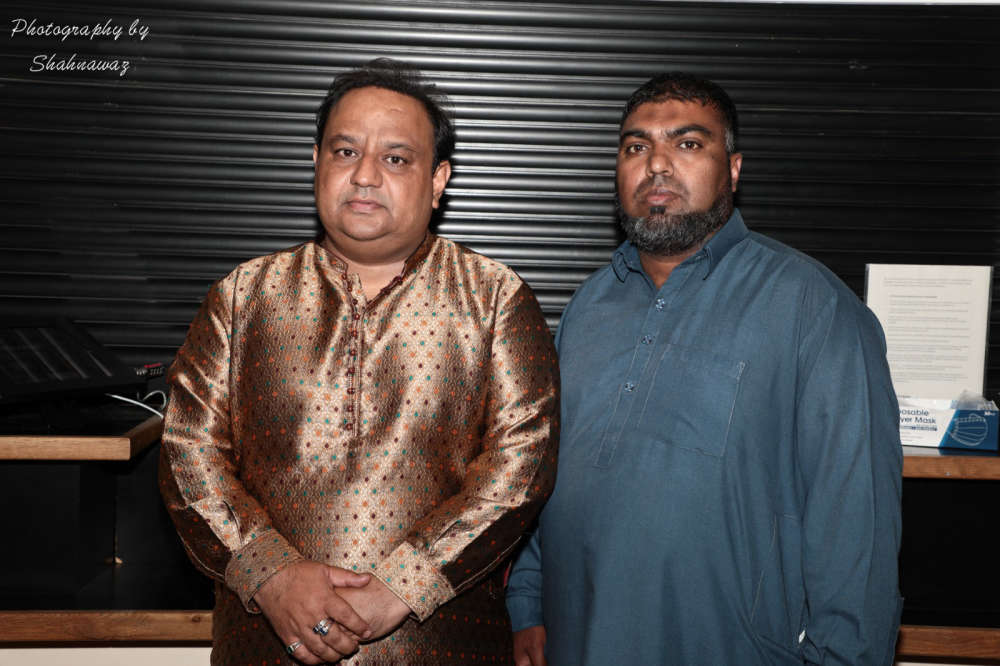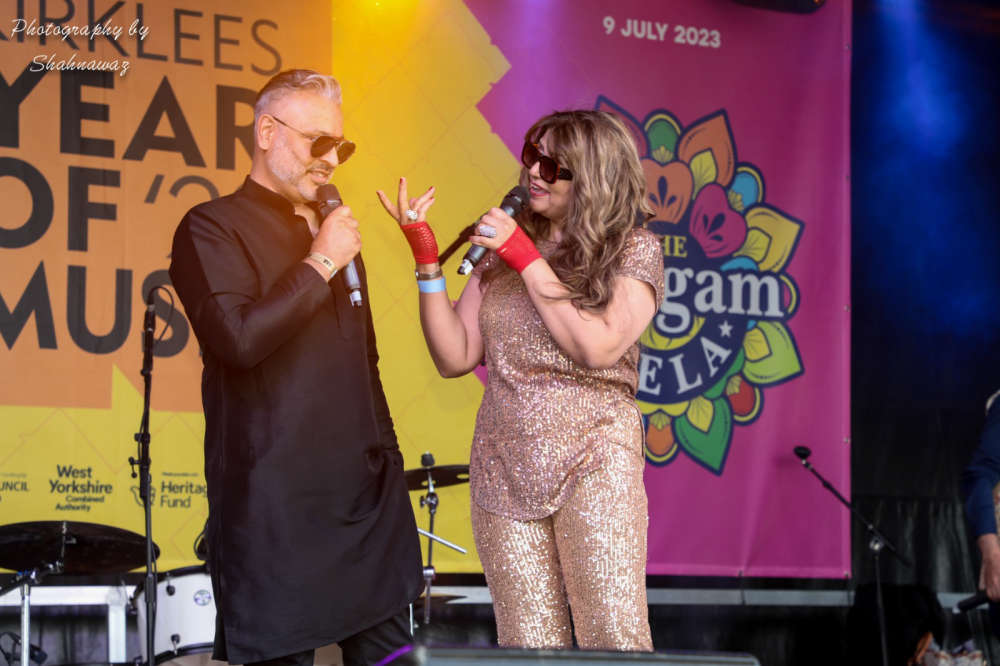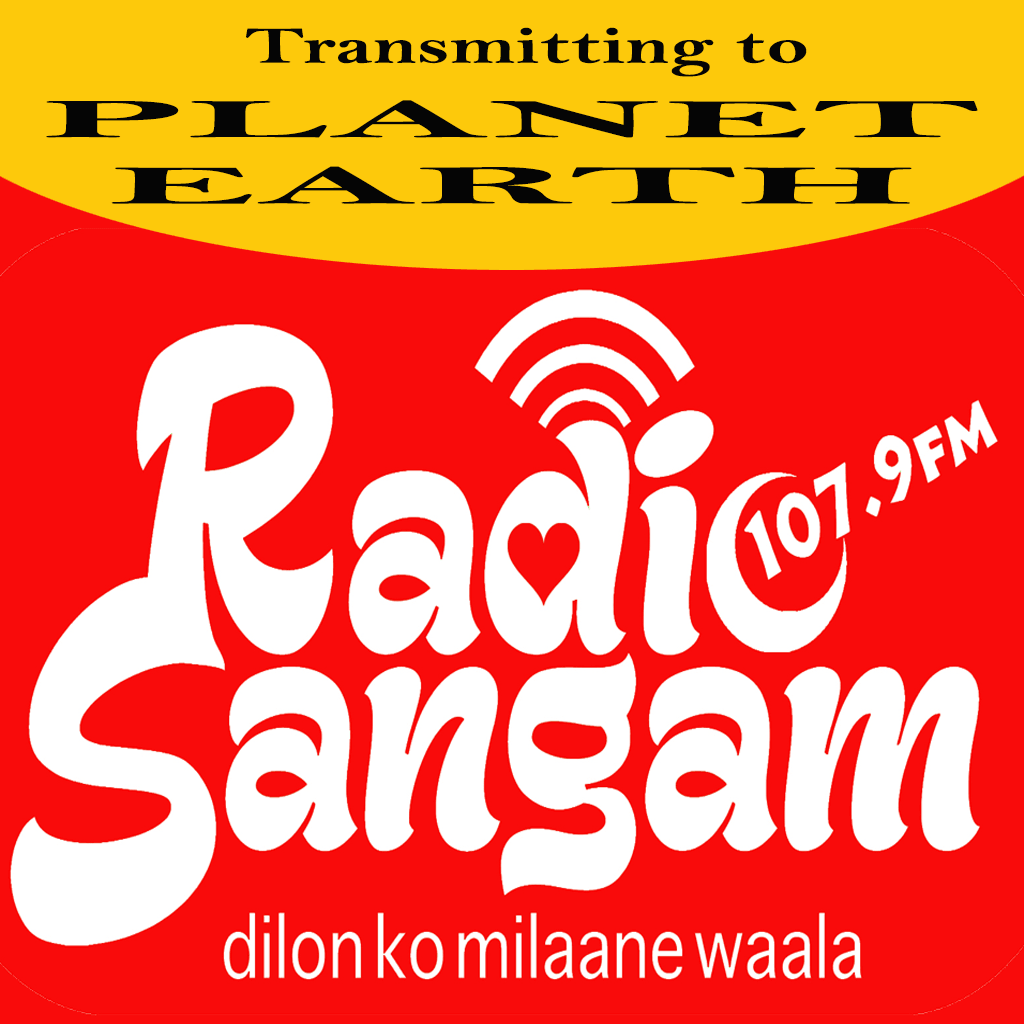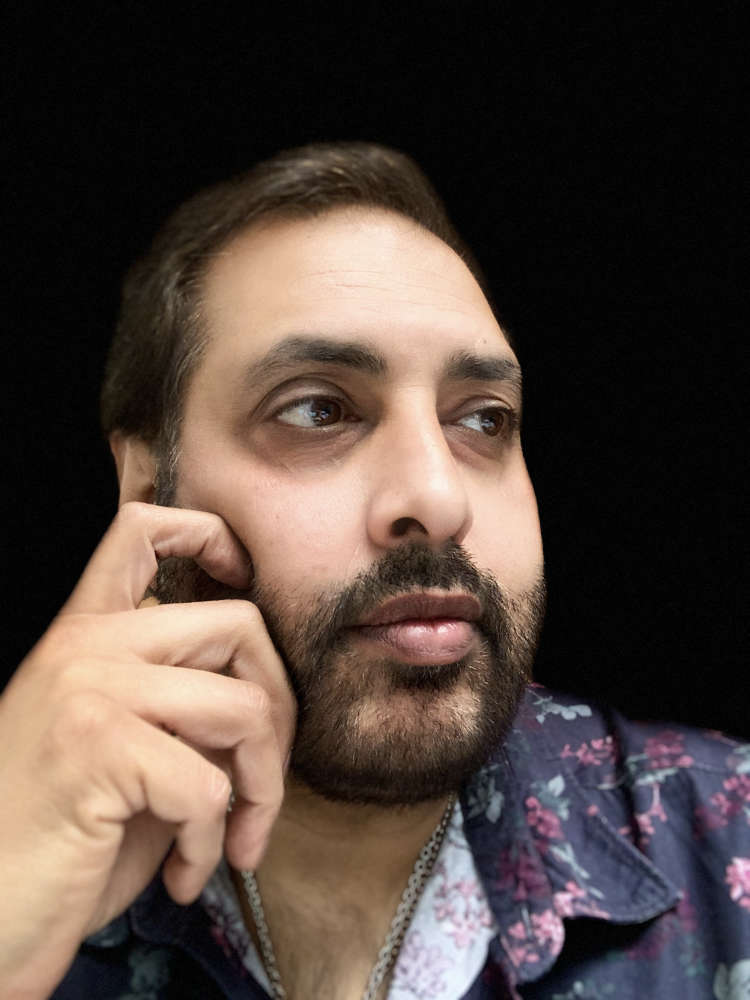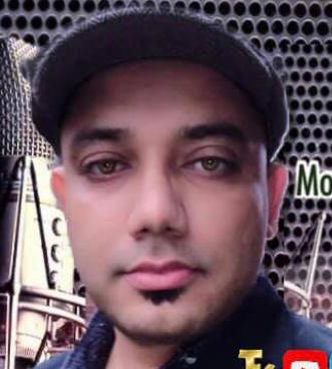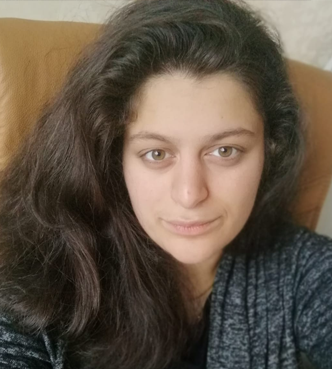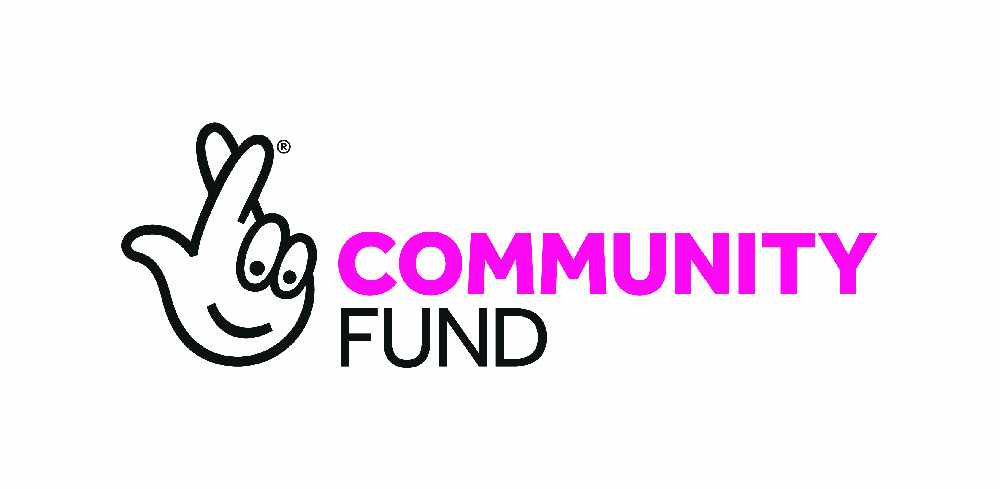Radio Sangam organises an Ataullah Khan Eesakhelvi concert
Attaullah Khan Niazi Esakhelvi (Urdu: عطاء اللہ خان عیسی خیلوی, born 19 August 1951; surname also translated as Esa Khailvi) also known as 'lala' (which means "elder brother" in Pashto and Punjabi) is a Pakistani award-winning musician from Isakhel, Mianwali, Punjab.[1] He was thrown out of his house for wanting to become a singer, against his father's wishes. The only opportunity seemed to him was to follow his passion during his father's Hajj journey. He is traditionally considered a Seraiki artist, but his music albums are in both Seraiki and Punjabi/Urdu.
Attaullah's hits include Qameez Teri Kaali, Idhar Zindagi ka Janaza,Raatan, We Bol Sanwal, Ishq Main Hum Tumain Kya Batayain, Theva Mundri tha Theva, Woh Bahar Ka Zamana, Mahi Wasey Mera and Aaaj Kala Jora Pa.
The Government of Pakistan awarded him the Pride of Performance Award in 1991.
In 2011 he appeared in Coke Studio (season 4) and sang 2 songs Ni Oothaan Waale and Pyaar Naal. In September 2017 he appeared in Coke Studio (season 10) second time and sang Sab Maya Hai with his traditional loving sound.
Esakhelvi was born in Essa Khail, Mianwali, Punjab Province, Pakistan as Attaullah Khan Niazi. Niazi is a populous Pashtun tribe in Punjab to which Imran Khan and Misbah ul Haq also belong. Attaullah developed an interest in music as a child, but music was strictly forbidden in his home.[2] Despite the restriction on music in his home, Attaullah secretly sought to learn more about music.[2] His school teacher taught him Mohammed Rafi and Mukesh songs and told him never to stop singing. Attaullah tried to explain his passion for music to his parents and convince them to let him sing, but they forbade him to continue singing.[2] Disillusioned, Attaullah left home when he was 18 years old.[2] He traveled extensively within Pakistan and supported himself by working from Mianwali. He most popular in rural areas of Pakistan and some other countries in world
Attaullah Khan visited India during 2014. The Times of India wrote: "TNN | Apr 17, 2014, 12.00 AM IST: A Sufi concert, Ibaadat, organized in association with Navbharat Times, was recently held at Purana Quila in the capital. Pakistani folk singer Attaullah Khan performed for the first time in Delhi at this event. Khan sang his Achha Sila Diya Tune Mere Pyaar Ka, and other Pakistani Sufi hits for the audience. The concert was organized by the AAS group, an NGO which works to spread awareness about cervical cancer among women and ways to prevent it, and this concert was organized to spread that message." [4] Attaullah Khan had gained a lot of popularity in India during the 1990s. There were stories about his failed love which were doing rounds. While these were all fake, many people in India had taken them to be true. These added to his popularity and at one point of time, he had become almost a cult figure.
Attaullah khan is basically from district mianwali and his hometown is esakhel.He received his early education from esakhel.He is traditionally considered as seraiki artist.
Attaullah relocated to Lahore after becoming a professional musician performing in Seraiki, Urdu and English. He has been married three times and has four children. His daughter Laraib Atta is a professional VFX artist who has worked for several Hollywood films.[5][6] His son Sanwal Khan Esakhelvi is also pursuing a career in music
He is considered a folk icon in Pakistan and consider as the most popular singer of Pakistan and one of the most popular folk singers in world.Apart from the loneliness of highways, the other constant companions of Pakistani truck drivers are the lilting tunes of Attaullah Khan Esakhelvi. This Mianwali-born vocalist with his swashbuckler moustache, kameez shalwar and shawl on one shoulder became the poster boy for traditional Pakistani music.[7]
Singing in Seraiki, the dialect of Punjabi that dominates western and southern Punjab, his searing impassioned songs caught on like wildfire almost from the moment he recorded his first session for Radio Pakistan Bahawalpur in the mid 1970s. For years, Esakhelvi reigned supreme and unchallenged, in a universe that existed parallel to the cultured music salons of the elite.[8]
The Government of Pakistan awarded him the Pride of Performance Award in 1991.
He has recorded more than 50,000 songs in seven languages.[7] He has received a lifetime achievement award from Queen Elizabeth II of Great Britain, and had his name entered in the Guinness Book of World Records in 1994 for the highest number of audio albums released.
